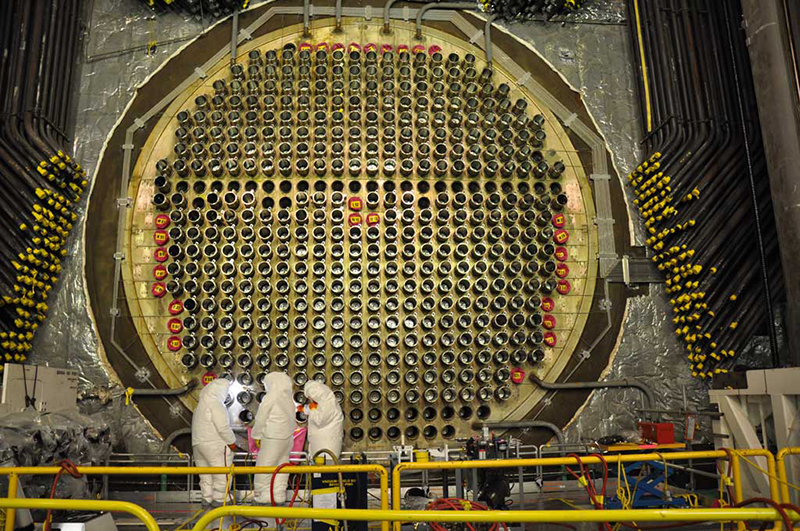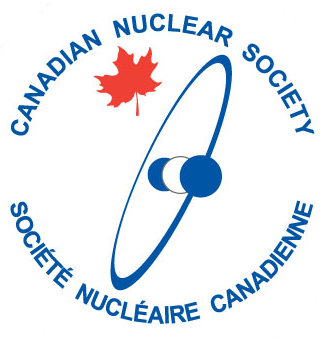The (highly predictable) crisis in Alberta, and the inadequate media response

Some years back I wrote an essay for LinkedIn entitled “What if I am wrong, What if they are wrong”, in which I considered the outcome of two different scenarios.
It was written at a time when wind and solar were in the ascendant and nuclear was getting no attention and no money (it seems hard to believe but it wasn’t all that long ago). Its purpose was to show that investment in nuclear was a good idea regardless of whether you believed wind and solar could do it all. It showed that by investing in nuclear even if wind and solar were successful the only downside of the nuclear work would be the cost of developing some reactors. Canada would still have clean reliable power. But, it pointed out, if there were no investment in new nuclear construction and the wind and solar experiment was not successful we would be up a very smelly creek with no form of propulsion and possibly no canoe. The smelly creek being power outages during peak loads.
I was being a little disingenuous as I was pretty sure the failure of the wind and solar experiment was inevitable but, in those days, no one would listen. Investment in nuclear was delayed.
Some years after that the cracks in the wind and solar dream began to appear. The people of Ontario, fed up with the cost, lack of real impact on the grid and the visual unpleasantness of it all, tossed the whole idea out and banished the people who introduced it to the backwaters of politics from which they are struggling to recover. We are now planning to build reactors but will have to burn gas in the interim. The environment has suffered and so have our pocketbooks. It’s a smelly creek but we have a map and some prospect of escaping it.
But Alberta. Oh Alberta, it entered that creek at full speed with no bailout and is suffering the consequences. Recently it was on the brink of a blackout three times in a matter of days. And that, occurring when it did, at -45OC has certainly grabbed people’s attention.
It’s frustrating because it was all too predictable and avoidable. Our extremes of demand arise in extreme weather conditions and those extreme weather conditions are when wind and solar are delivering the least. Anyone that understands weather patterns should have seen this coming, but most were so seduced by the idea of a simple “green” solution that they did not. Well, now there is no doubt.
And still, despite the severity of the situation, (Alberta was lucky no one died, a few years back in Texas they were not so lucky) the antinuclear campaigners and the wind and solar dreamers will still not accept the truth. CBC’s “What on Earth” on Saturday (January 20) was entitled “when it is really freaking cold, is green power a solution”. But that question was never addressed in the program instead a green energy apologist from the Pembina Institute suggested that as Albertans had demonstrated that they did not mind sitting in the dark at -45oC, when asked to do so, that everything would be OK. They even let her spout the often repeated, but very deceptive, meme that wind was the cheapest form of power generation and so it was obvious we should use it, without observing that the problem was that there was no wind.
The CBC doubled down on this idea in an interview on the following Tuesday (January 23) with another representative of the Pembina Institute saying everything was OK except that it is possible that the consequences of climate change were making the weather more problematic. It is possible climate change is making our weather more problematic but Alberta has not only had those temperatures before, but it had them on equally calm days. That’s the weather for you.
This defense of the wind and solar dream is dangerous. Sure, on the first occasion people compromised their lives a bit and shut stuff off. Fewer will do it next time and still fewer the time after that. Sooner or later a disastrous outage will occur and people will die.
Allowing the Pembina Institute to downplay a problem it helped create is not helpful in identifying the problem or in developing a solution. A few days after this one of the Alberta newspapers ran a letter from someone that still believed the solution would have been to have had more windmills when clearly you could have covered the whole province with windmills, and it would not have made an iota of difference. You would have just had more windmills doing nothing.
This response from the CBC/Pembina Institute came at about the time when OPG and Capital Power announced their initiative in Alberta. I simply cannot comprehend how CBC managed to avoid linking this announcement to the problems Alberta was having and including nuclear in the discussion. It suggests to me that there remains an underlying, insidious, and unacceptable bias against nuclear and the contribution it can make.
The announcement did however stir the ardent anti nukes like M.V. Ramana into action and the media gave them opportunity to fire off the only weapons left in their armoury, by allowing them to whine publicly about cost and time. It’s too expensive they say, and it won’t be ready in time to save us from climate change.
Pardon me but the time one really irks me. It irks me partly because Ramana had a significant role in delaying nuclear progress but more so because he is suggesting that there is something else that can deliver emissions free reliable generation before nuclear can and yet all the evidence suggests this is impossible. It’s almost like he is looking at the paddle and deciding to throw it away. Nuclear may fit not the category of being better late than never, but it is an indisputable fact that it Is indeed better to be late than never.
Ramana’s conclusion, that we should give up, is quite simply wrong, it should be that we need to work harder at making it cheaper and faster. The better option is not the never option that he is effectively advocating.
Now is the time to drive things home while people are listening to us. It is incumbent on all of us to write to the media whenever we see nuclear being ignored. The public deserve to know the truth and we need them to know the truth if they are to make good decisions. A good start would be by posting comments on the What One Earth program page https://www.cbc.ca/radio/whatonearth/contact-what-on-earth-1.5619599 .
My warnings were ignored as people never considered the possibility that the wind and solar program would fail and so did not think a plan B was needed. Well wind and solar have failed and we no longer have the option to ummm and ahhh about plan B. We need to do it and the public need to be clear as to why.
Popular Core Business Articles
- The important differences between Hazard, Danger, Risk and Fear when considering a Deep Geologic Repository for used nuclear fuel.
- Deep Geologic Repositories (DGRs)? Distressed purchase or Jewel in the Nuclear Crown
- An article by the Breakthrough Institute
- How do we quickly and succinctly explain why wind and solar are not cheap?
- The Titanic Fallacy

Leave a Reply
You must be logged in to post a comment.